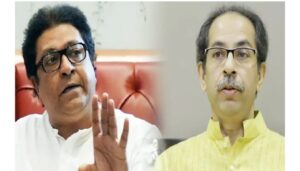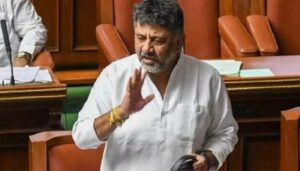
250 Maharashtra Government Officials Accused of Bribery Still Not Suspended; Mumbai Tops List with 46, Pune with 18
Mumbai, 20th February 2025: In a shocking revelation, the Anti-Corruption Bureau (ACB) of Maharashtra has disclosed that nearly 250 government officials accused of bribery have yet to face suspension. This startling information, which covers the period from 2012 to 31st January 2025, includes 30 Class I officers, 29 Class II officers, and 106 Class III officials. The ACB, however, has not provided a clear explanation for why these suspensions have been delayed.
The ACB is responsible for curbing corruption among government officials and employees. While the bureau investigates complaints of bribery from citizens, the practice of demanding bribes continues in many government offices. Those caught accepting bribes are typically sent to jail and subsequently suspended. However, it appears that some officials have managed to evade disciplinary action.
The education department tops the list with 41 unsuspended officials, followed by urban development (local governing bodies) with 36, and police, prisons, and home guard departments with 25. Other departments with significant numbers include rural development (17), revenue and land records (17), energy, industry, and labour (5), and health (5).
Regionally, Mumbai leads with 46 unsuspended officials, followed by Thane (38), Aurangabad (22), Pune (18), Nashik (16), Nagpur (12), Amravati (11), and Nanded (10).
According to criminal and civil lawyer Adv. Nikhil Kulkarni, bribery is considered a serious disciplinary violation under government service rules. Suspension is typically immediate when an official is caught accepting a bribe or when evidence is found against them. This measure prevents the accused from tampering with evidence or intimidating witnesses.
Kulkarni explains that suspension is necessary to ensure an impartial investigation and maintain public trust in the administration. However, he notes that there are circumstances where suspension may be avoided:
1. If senior officials determine that suspension is unnecessary after evaluating the situation.
2. If the administration believes the accused will not interfere with the investigation while remaining in service.
3. If the accused has obtained a court stay on the suspension order.
4. If the official is nearing retirement and suspension would affect their pension benefits.
5. In some cases, officials may be allowed to continue working until the investigation is complete, especially if they are part of essential services like healthcare or security.
















